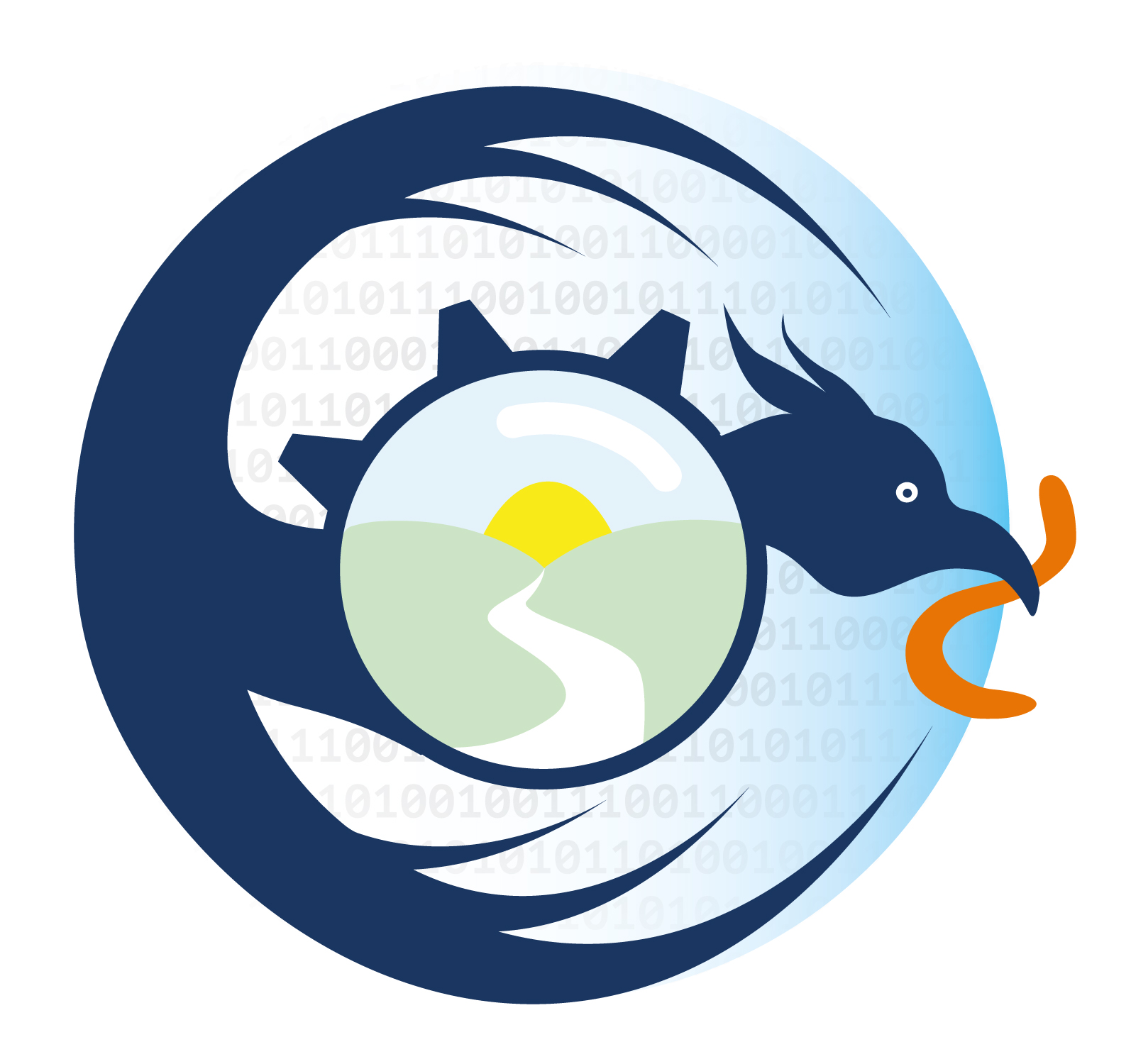
Fuzzing and Software Security Summer School

Fuzzing and Software Security Summer School
Fuzzing and Software Security Summer School 2024
The inaugural Fuzzing and Software Security Summer School will debut on the week of the 27th-31st May 2024 at the National University of Singapore in Singapore. The school will focus on recent advances in fuzzing technology and the practical application of fuzz testing tools, with the goal of software vulnerability discovery and overall software protection. The school invites both postgraduate students, advanced undergraduate students and researchers with a relevant interest in software testing. The school also invites industry professionals who wish to gain practical hands-on knowledge on fuzz testing tools and technologies.
The Fuzzing and Software Security Summer School is part of the Fuzz Testing Research Program. Details of the program can be found on the Fuzz Testing website at nus-tss.github.io/fuzzing.
Synopsis
Fuzz testing (a.k.a. fuzzing) is an automated software testing method that involves the randomized generation of very large numbers of program inputs, many of which are designed to exercise rare program behaviors with the aim of finding crashes and other software bugs. Fuzz testing is a proven bug finding technology, and is responsible for the discovery of 1000s of real-world security vulnerabilities and other bugs. Fuzzing is also a very active area of research within the software engineering and programming language communities, and spans the gap between research and practice.Participants to the Singapore Fuzzing Summer School will gain insights into the latest advancements in fuzzing technology, practical experience with testing tools (AFL, libFuzzer), networking opportunities, and potential collaboration with experts and peers.

The Acceptance and Payment of the Fuzzing and Software Security Summer School 2024 has been concluded. Participants who have accepted and paid for the Summer School will receive detailed administrative instruction of the Summer School via email.
This research is supported by the National Research Foundation, Singapore, and Cyber Security Agency of Singapore under its National Cybersecurity R&D Programme (Fuzz Testing NRF-NCR25-Fuzz-0001). Any opinions, findings and conclusions, or recommendations expressed in this material are those of the author(s) and do not reflect the views of National Research Foundation, Singapore, and Cyber Security Agency of Singapore.


Our Sponsors


